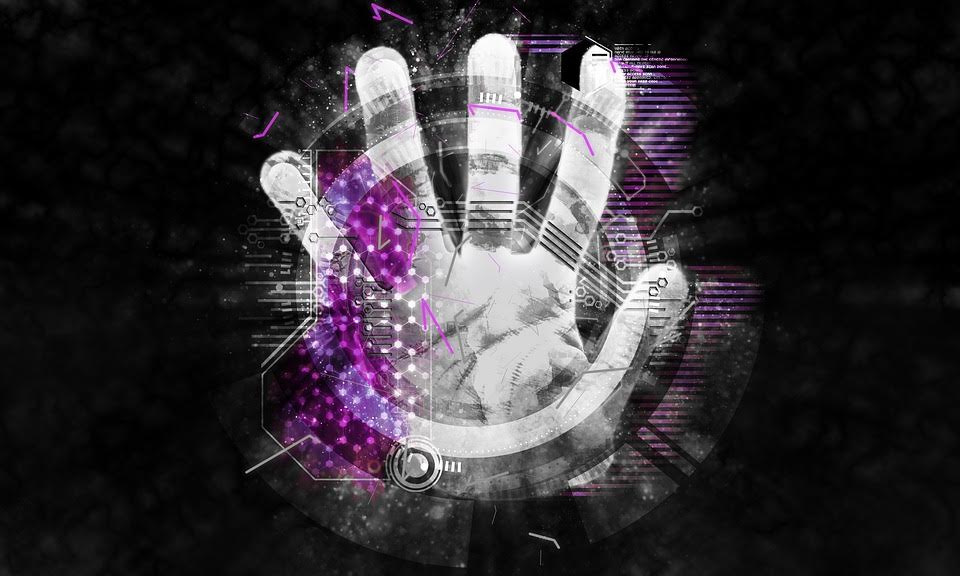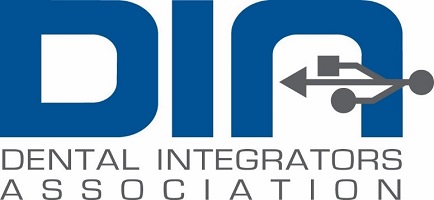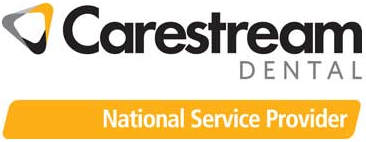Protect Your Office from Ransomware with Compass Network Group Compliance Essentials
Ransomware is a growing threat to the healthcare industry, including dental practices. In fact, according to the insurance giant’s 2017 cyber insurance claim statistics, more than one-quarter of cyber insurance claims received by AIG in the last year were the result of ransomware attacks.

AIG claims that this is the largest percentage of any cyber-attack, and presented a significant increase from the average of 16 percent of cyber claims coming from ransomware attacks in the previous three years.
One ransomware attack in particular had a devastating effect on the healthcare industry – The WannaCry. This prolific ransomware hacking attack locked people out of their data and demanded they pay a ransom or lose everything, affecting more than 200,000 computers in 150 countries.
This ransomware outburst could have been even bigger in scale if it wasn’t for a UK researcher who detected it and activated the kill switch, explained Camillo, head of AIG cyber for Europe, the Middle East, and Africa.
AIG further shared that ransomware developers have created recent variations offering revenue-sharing agreements to partners. There is no guarantee that victims will get their data back, even if they pay the ransom, AIG observed.
A recent survey by the CyberEdge Group of 1,200 IT security decision makers found that close to 20 percent of ransomware victims paid the ransom but still didn’t get their data back. A majority didn’t pay the ransom but recovered their data, presumably through data backups, while 19 percent paid the ransom and recovered their data, and 8 percent did not pay the ransom and lost their data.
Companies may not think their data is likely to be compromised, but 2017 demonstrated that ransomware attacks are largely indiscriminate and can impact healthcare providers of all sizes, as well as organizations from other industries.
AIG said it expects the automation and commoditization of ransomware to continue to be a trend with businesses and individuals facing an increasing number of attackers.
In fact, a ransomware attack is the type of cyber attack that most worries healthcare IT professionals, according to a survey of HIMSS18 attendees by security firm Imperva.
Almost 10 percent of those surveyed had paid a ransom or extortion fee, while almost half didn’t know if they have paid a ransom or not.
Overall, AIG had as many cyber insurance claim notifications last year as in the previous four years combined.
Professional services, financial services and retail topped the list of industries when it comes to cyber claims, but incidents are spreading more broadly among a range of sectors, indicating that no industry is immune.
Companies that do not have strong cybersecurity protections in place or back-ups of their data are most likely to suffer from network interruption following a ransomware attack, according to José Martinez, vice president of financial lines major loss claims for EMEA at AIG.
“Generally speaking, when companies have back-ups, in pretty much all the cases that I’ve seen they are not interested in paying the ransom,” Martinez said.
“However, there were a couple of instances last year where this was a real issue and some companies were really on their knees because they did not have good back-ups. So, they had to consider making a payment in order to recover their data. In these cases, the longer it goes on, the more they suffer financially,” he added.
According to a recent survey of 1,300 senior executives by Microsoft and Marsh, 20 percent of respondents said they did not have or plan to have cyber insurance, with 25 percent saying they did not know their organization’s cyber insurance status.
Business interruption (75 percent), reputational damage (59 percent), breach of customer information (55 percent), data or software damage (49 percent), and extortion/ransomware (41 percent) were the top cited cyber loss scenarios with the greatest impact to an organization.
AIG concluded that the systemic nature of ransomware attacks witnessed in 2017 is just the “tip of the iceberg” and that ransomware will become even more of a challenge in the future.
Data loss can have multiple serious implications, from loss of financial productivity, unrecoverable digital assets, to loss of patients’ information and confidence, and more.
The most valuable part of your network is not your server, it’s your data – could your dental practice survive if you lost all your data? Your data and your dental practice cannot afford anything other than a foolproof solution against data loss.
When you backup your data with Compass Network, we’ll always keep your data archived, restorable, and protected.
You can have peace of mind knowing that your client database, employee records, financial documents, digital images, medical records, profiles, portfolios, and more can be recovered and restored within minutes.
Compliance Essentials from Compass reduces your likelihood of ransomware and provides redundant backup to secure data.
Make sure your practice has communication, networking and other IT solutions, including IT data backups that you and your patients deserve. Take the stress and worry out of your data backup, contact us today.




